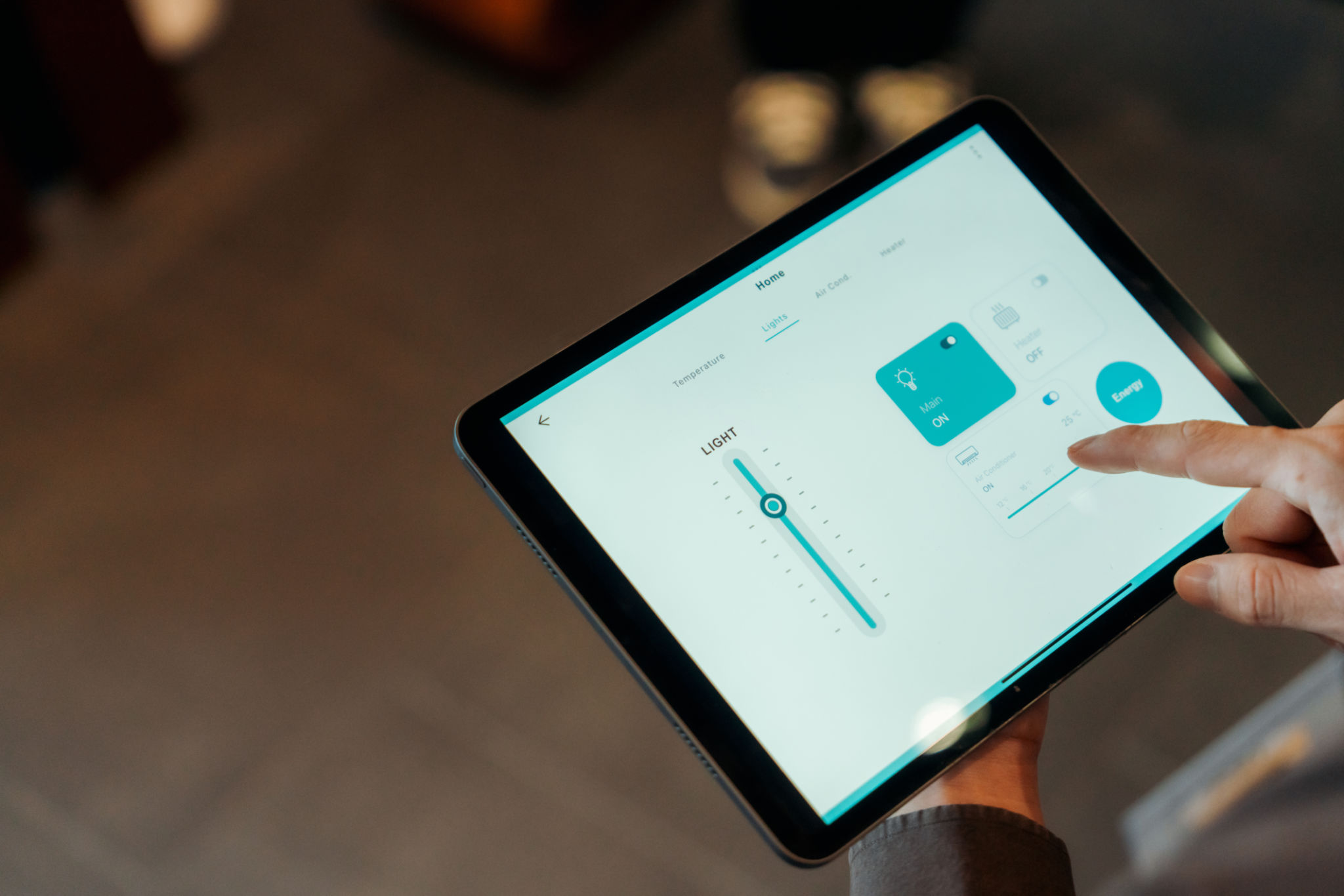Debunking Myths About Sustainable Economics
Introduction to Sustainable Economics
Sustainable economics is often clouded by misconceptions, causing many to shy away from adopting its principles. However, understanding the truth behind these myths can help businesses and individuals make more informed decisions. In this blog post, we aim to debunk common myths surrounding sustainable economics and highlight its practical benefits.
Myth 1: Sustainable Economics Is Costly
One of the most pervasive myths is that adopting sustainable economic practices is prohibitively expensive. While initial investments may be required, the long-term savings and benefits often outweigh the costs. For instance, energy-efficient technologies can reduce utility bills significantly over time. Additionally, sustainable products tend to last longer, providing more value in the long run.

Myth 2: Sustainability Stifles Economic Growth
Another common misconception is that sustainability limits economic growth. In reality, sustainable economics encourages innovation and opens new markets. By focusing on resource efficiency and waste reduction, businesses can discover new opportunities for growth and competitiveness. A circular economy model, for instance, transforms waste into valuable resources, fostering economic expansion.
Myth 3: Sustainable Practices Are Only for Large Corporations
Many believe that only large corporations have the resources to implement sustainable practices. However, small and medium-sized enterprises (SMEs) can also benefit from sustainability. By making incremental changes such as reducing energy use or sourcing eco-friendly materials, SMEs can improve their bottom line while contributing to environmental preservation. Government incentives and grants are often available to support these efforts.

Myth 4: Consumers Don't Care About Sustainability
It's a myth that consumers are indifferent to sustainable practices. In fact, more consumers are prioritizing sustainability when making purchasing decisions. A growing number of people are willing to pay a premium for products that are ethically produced and environmentally friendly. This shift in consumer behavior is driving companies to adopt sustainable practices to meet demand and maintain competitiveness.
Myth 5: Sustainable Economics Is a Passing Trend
Some argue that sustainable economics is just a trend that will fade away. However, the increasing urgency of environmental issues and the global push for sustainability suggest otherwise. International agreements and national policies are reinforcing the importance of sustainability in economic planning. As such, sustainable economics is here to stay and will continue to evolve as an integral part of business strategy.

Conclusion
Debunking these myths is crucial for understanding the true potential of sustainable economics. By dispelling these misconceptions, businesses and individuals can embrace sustainability as a viable path to economic prosperity and environmental stewardship. As awareness grows, so too will the adoption of sustainable practices, paving the way for a healthier planet and a thriving economy.